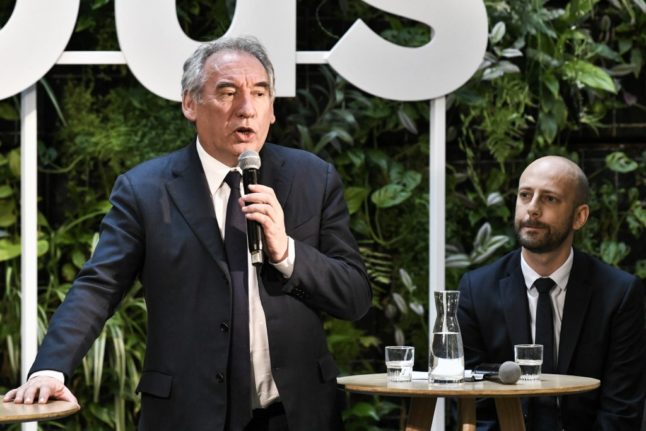Stanislas Guerini, the delegate general of LREM (La République en marche), announced at a press conference on Thursday that LREM would be changing its name. The presidential party will now be called “Renaissance.”
During the conference in Paris, Guerini said that the new name will allow the six-year-old political party to “rebuild” and “continue expanding its political movement.” Guerini explained that the party will “always make the choice of enlightenment against obscurantism.”
READ ALSO When are the French parliamentary elections and why are they important?
This is not the first time the party has changed its name.
When it was formed as a grassroots group in 2016 it was called En marche ! (on the march), but later dropped the exclamation mark.
After Emmanuel Macron won the presidency in 2017, the party added ‘La République’ to the name, becoming La République en marche (The republic on the march) commonly shortened to LREM.
Although the party has worked hard to grow as an organisation, it is still widely considered ‘Macron’s party’ and supporters are commonly known simply as macronistes.
The latest iteration of the party comes as Macron has won a second term as president, but faces a tough battle to win a majority in the parliamentary elections in June.
The party is also facing the prospect of having to fight the 2027 election with a new candidate – in France presidents can only have two consecutive terms.
Guerini spoke at a joint press conference with Richard Ferrand, the LREM president in the French parliament, François Bayrou of the ‘MoDem’ party which currently forms a group with LREM and Edouard Philippe of the ‘Horizons’ party.
Philippe, currently mayor of Le Havre, is Macron’s former prime minister and is widely believed to be planning his own bid for the presidency in 2027. He formed the Horizons party last year, with the declared intention of consolidating the centre group in French politics.
The three announced that they will be creating a federation called “Ensemble” to bring together these three parties in preparation for the upcoming parliamentary elections.
The announcement comes after the four major leftist parties (the far-left La France Insoumise, the Greens, the centre-left Parti Socialiste and the Communists) their own alliance in order to fight the parliamentary elections.
OPINION France’s left alliance is an optical illusion and will not win
The centrist alliance essentially consolidates votes in the parliamentary elections into ‘blocks’ of leftist of centrist voters. The right – far-right Rassemblement National under Marine Le Pen, centre-right Les Républicains and Eric Zemmour’s extreme right block – has no agreement.



 Please whitelist us to continue reading.
Please whitelist us to continue reading.
Member comments